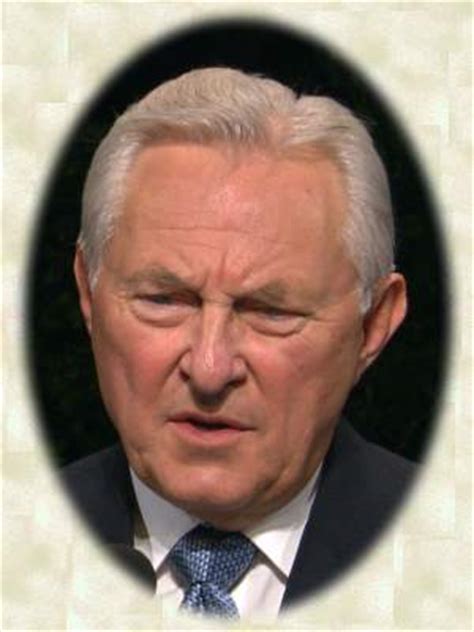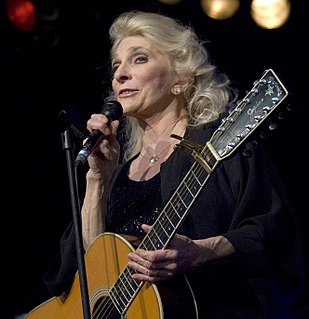A Quote by Mata Amritanandamayi
Don't get angry. Try not to speak roughly or use harsh words.
Related Quotes
To demarcate [words in way that changes the meaning] is simply to speak a different language than everyone else. And I do not accept semantic games like that. [...] We need to use words as they are actually used and understood. We can correct errors and inconsistencies and make distinctions. But we can't try to foist an alien language on people.
Physically the Celts are terrifying in appearance, with deep sounding and very harsh voices. In conversation they use few words and speak in riddles, for the most part hinting at things and leaving a great deal to be understood. They frequently exaggerate with the aim of extolling themselves and diminishing the status of others. They are boasters and threateners and given to bombastic self-dramatization, and yet they are quick of mind and with good natural ability for learning.
All people in the world - who are not hermits or mutes - speak words. They speak different languages, but they speak words. They say, "How are you" or "I'm not feeling well" all over the world. These common words - these common elements that we have between us - the writer has to take some verbs and nouns and pronouns and adjectives and adverbs and arrange them in a way that sound fresh.










































